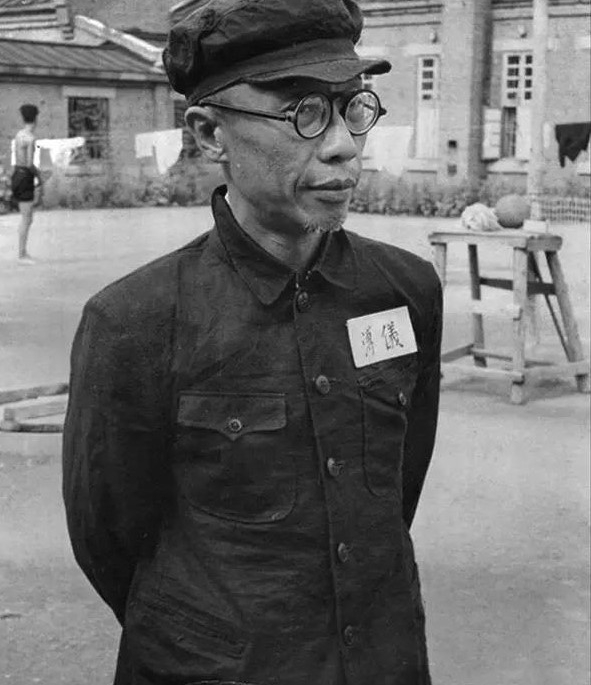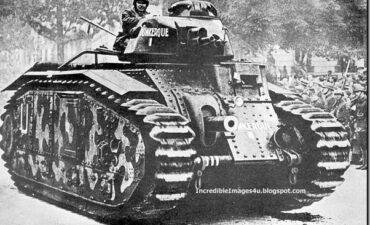Did Tsar Nicolas II deserve his fate during the Russian Revolution of 1917? The fate of Tsar Nicholas II and his family during the Russian Revolution of 1917 is a deeply complex and contested historical issue. Here are some key points to consider when evaluating whether he “deserved” his fate:
Arguments Suggesting Tsar Nicholas II Deserved His Fate:
Autocratic Rule and Resistance to Reform:
Nicholas II maintained an autocratic government and resisted calls for political reforms and constitutional changes, even after the Revolution of 1905 and the establishment of the Duma (parliament). His reluctance to share power and modernize the political system contributed to widespread dissatisfaction.
Mismanagement of the Economy:
Under his reign, Russia faced severe economic hardships. His inability to address issues like poverty, land reform, and industrial labor conditions led to widespread discontent among peasants and workers.
Role in World War I:
Nicholas II’s decision to involve Russia in World War I had disastrous consequences. The military failures, high casualties, and economic strain from the war exacerbated the existing problems within the country and fueled revolutionary sentiments.
Brutal Repression:
The Tsarist regime was known for its brutal repression of political dissent, including the use of the secret police (Okhrana), censorship, and exile of political opponents. This repressive environment led to a buildup of revolutionary fervor.
Arguments Suggesting Tsar Nicholas II Did Not Deserve His Fate:
Personal Qualities:
Nicholas II was often described as a well-meaning but ineffectual ruler. While he made poor political decisions, some historians argue that he was not malicious or tyrannical by nature. His execution, along with his family, can be seen as an excessive and brutal punishment.
Complex Historical Context:
The Russian Revolution was driven by a confluence of complex factors, including economic hardship, social unrest, and the pressures of World War I. Blaming Nicholas II alone for these issues oversimplifies the broader historical context.
Execution of His Family:
The execution of Nicholas II’s entire family, including his wife and children, is often viewed as particularly harsh and unjust. The children, in particular, were innocent of any political wrongdoing and their deaths evoke sympathy and condemnation of the brutality of the Bolsheviks.
Missed Opportunities for Reform:
There were moments when Nicholas II showed willingness to make concessions, such as the October Manifesto of 1905, which granted some civil liberties and created a legislative assembly. However, these efforts were often undermined by his own advisors and the entrenched autocracy.
Conclusion
Whether Tsar Nicholas II “deserved” his fate depends on one’s perspective on the balance of his personal failings and the broader systemic issues of the time. His execution was a pivotal and controversial moment in Russian history, symbolizing the end of the Romanov dynasty and the brutal methods employed by the Bolsheviks to secure power.








